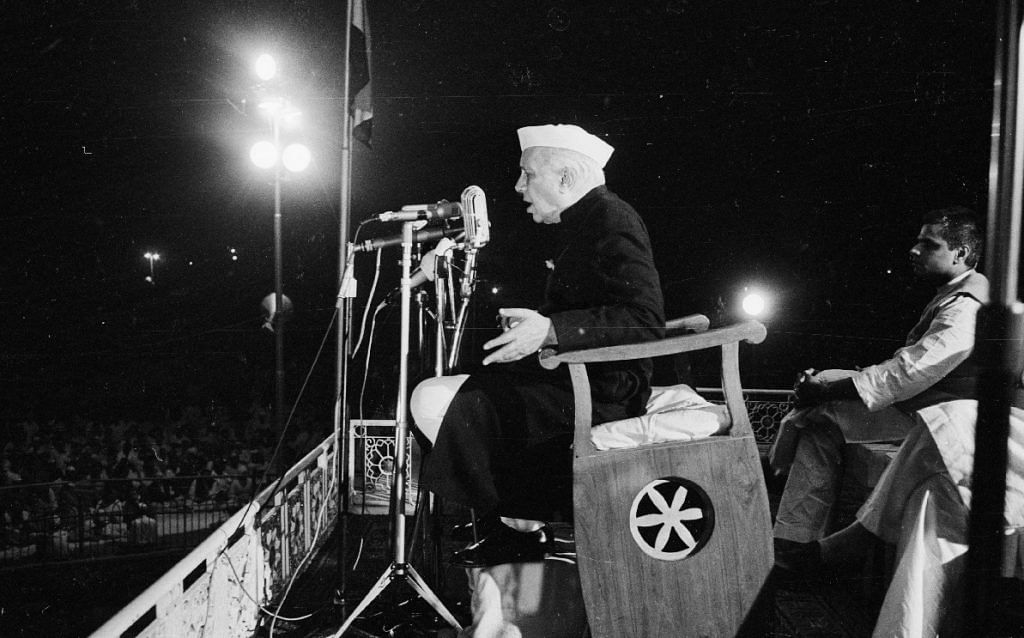On Jawaharlal Nehru’s 128th birth anniversary, many of his political, philosophical and cultural ideas appear to be under assault. Nehru, the first Prime Minister of India, is in danger of being ghettoised as merely a Congress party politician.
Will Nehru’s political and philosophical vision for India endure?
Jawaharlal Nehru was a successful leader of his time. The important thing to remember is the expression “of his time”.
During Nehru’s time, in economic/technological spheres, the Soviet Union held a strong position. It avoided the problems of the Great Depression, and was ahead of the West in the space race. Therefore, for Nehru to be an admirer of the Soviet model, was not surprising.
In the political field, the West had not abandoned racism in the fifties, and even in the early sixties. Britain repressed Kenyan insurgents quite brutally. And the NATO powers remained friends, even allies, of apartheid South Africa. It was again difficult, in political terms, for any leader of a free, democratic India to be pro-West.
Things have changed today. The Soviet communist economic and technological model has collapsed. Even China is a capitalist country. The West has, for all practical purposes, abandoned racism. The new fascism is of the Islamist variety, and emanates from the Middle East.
Here are other sharp perspectives on Nehru’s political and philosophical vision for India:
Shankar Saran: Hindi columnist and professor, Political Science, NCERT
Neera Chandhoke: National Fellow, Indian Council of Social Science Research
Mridula Mukherjee: political historian
Neeti Nair: historian and professor, University of Virginia
In the economic sphere, Nehru’s ideas of gigantism, state planning, and private sector controls are gone—the question his ideas enduring does not arise.
In the political sphere, Nehru tempered his anti-Western stance, never going quite completely overboard. This pragmatic approach endures, and perhaps will continue to endure. All succeeding Indian governments, including the present one, continue with Nehru’s strategy of maintaining balance and never going overboard with one alliance or group—but keeping a strategic friendship with a wide cross-section of countries.
Nehru’s association with key institutions in independent India—IITs, IIMs, CSIR laboratories—will remain part of his enduring legacy in the creation and sustenance of a modern India.
His pacifism and his suspicion of a strong military which resulted in India’s military weakness still continue to haunt us. But this is a legacy that cannot endure. As India gains in economic strength, its military strength will perforce improve. Given the robustness of our democracy (no one fears military coups d’etat any more), Indian governments will not hesitate in this sphere either.
Jaithirth Rao is an entrepreneur and a writer.
